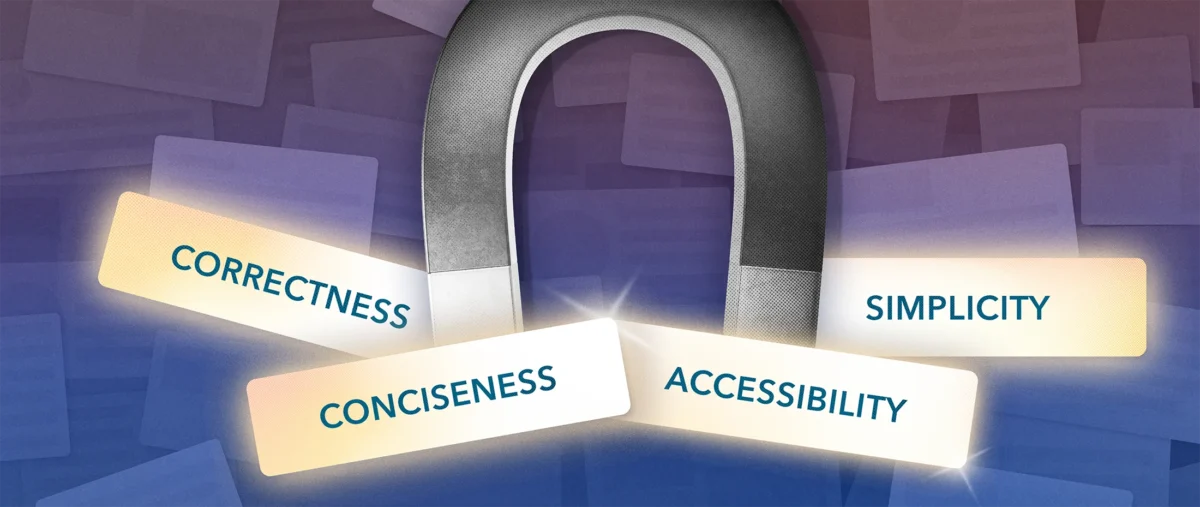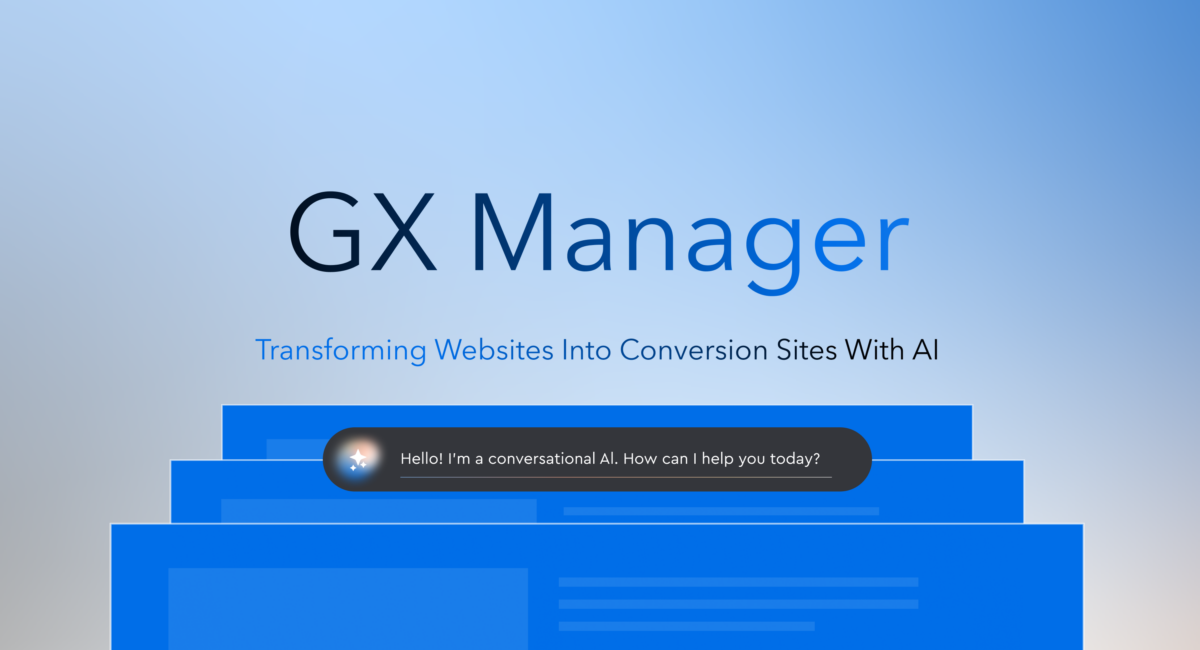As the Black Lives Matter (BLM) movement and protests for racial equality continue, workplaces around the country are giving employees the day off for Juneteenth as a way to honor Black history and culture.
Celebrated on June 19, Juneteenth marks the anniversary of the day the last enslaved African Americans, in Galveston, Texas, learned they were free. Juneteenth is not considered a federal holiday.
The recent shift to commemorate Juneteenth in the workplace is part of an ongoing reckoning with corporate culture. Its observance, prompted by the rapidly growing momentum around BLM, reflects the power held by employers to amplify social change and spur inquiry and education around racial inequality.
There are many ways for offices to bring meaning to the holiday: by promoting awareness, education and celebration. To better understand Juneteenth, here’s a brief overview of its history, along with a number of approaches that corporate leaders and institutions are taking to honor this significant day.
The history of Juneteenth
The June 19 holiday marks the end of slavery in the United States, two and a half years after the Emancipation Proclamation went into effect in 1863.
An essay written for the National Museum of African American History and Culture (which is hosting a virtual celebration this year) describes Juneteenth as “our country’s second Independence Day. Although it has long [been] celebrated in the African American community, this monumental event remains largely unknown to most Americans. The historical legacy of Juneteenth shows the value of never giving up hope in uncertain times.”
Families mark the day with festivals, parades, prayer, cookouts and more. It’s a time for gathering, joy and reflection.
The push for a federal holiday — and the influence of corporations
Texas was the first to commemorate Juneteenth as a state holiday, in 1980. Today, 47 states and the District of Columbia officially recognize Juneteenth. Still, it’s not yet a federal holiday. Journalist and creator of the award-winning 1619 Project, Nikole Hannah-Jones, tweets: “That the US doesn’t have an Emancipation Day to mark our abolishing an institution antithetical to our founding ideals of freedom & liberty speaks to the ongoing cover-up and our inability, still, to acknowledge what we did and who we are. Juneteenth should be a national holiday.”
But even if Juneteenth were declared a national holiday, private businesses are not required to give time off to employees. That means that smaller entities like corporations must be committed to spreading awareness.
A new wave of corporate observance of Juneteenth
This year, a number of companies are making Juneteenth a paid holiday. The list of participating businesses includes Target, Nike, Twitter and Vox Media. Other companies are using the holiday as a day of reflection. Microsoft, for example, is canceling meetings to hold a day of “listening, learning and engagement.”
Nike CEO John Donahoe wrote in a memo to employees: “Our expectation is that each of us use this time to continue to educate ourselves and challenge our perspectives and learn.” He’d just announced that, starting this year, employees would get Juneteenth off. “I know that is what I intend to do.”
Twitter cofounder and CEO Jack Dorsey tweeted that U.S. employees would have Juneteenth off “forevermore” as a day for “celebration, education and connection.”
For companies unsure where to begin, facilitating conversation is one place to start. Juneteenth.com offers ideas for workplaces to adopt, including bringing in guest speakers and discussing company diversity initiatives.
And for employees looking to shape their company responses or simply educate others on the holiday, Bay Area collective Hella Creative offers a set of email templates tailored to contacting coworkers and bosses, while digital agency Bottle Rocket is sharing a downloadable Juneteenth Starter Kit with action items and a resource guide. Business Insider also suggests crafting a more informative out-of-office message to spread awareness.
Though not every workplace can address Juneteenth through thoughtful song (watch the excellent musical episode “We Built This” from ABC’s Black-ish), now is the time for companies to reflect, reexamine and change their respective corporate cultures for the better.






